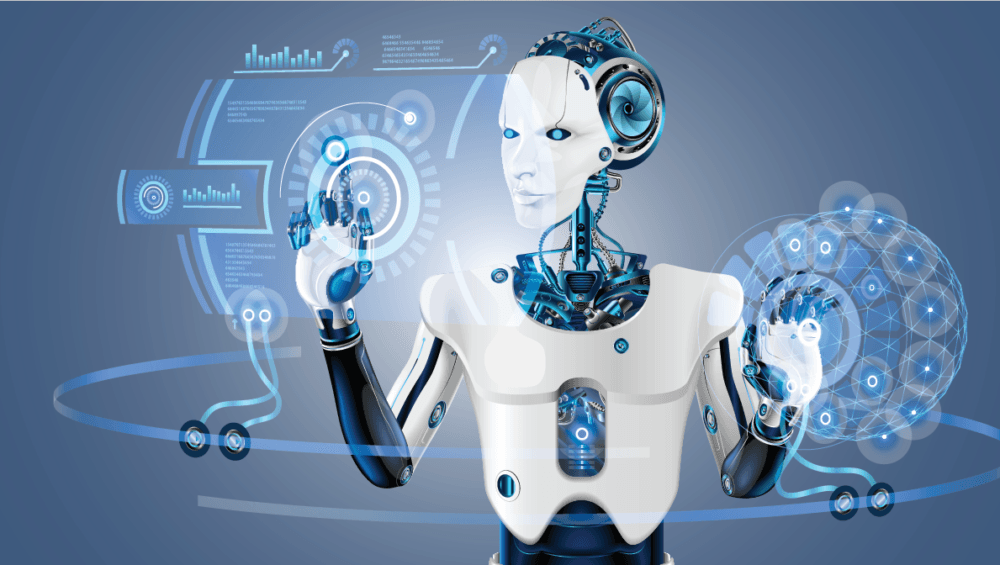Contents
What Is a Robotic Automation?
5 Different Types of Robotic automation You Need to Know.
Robotic Processes Automation How to Make It Work for You.
10 Robotic Automation Examples to Streamline Your Business.
Applications of robotic automation that will blow your mind.
Robotic Process Automation A Deep Study.
How to Use a Robotic Automation in Your Daily Life.
Robotic Automation The 5 Companies Paying the Highest Salaries.
How many times have you heard the word robot used in movies, books, or in real life? Have you ever wondered what it means? The word robot has been adopted so much in modern culture that it has lost its scientific definition and meaning. Today, when someone says the word robot, what they are usually referring to is a machine that can perform tasks or complete jobs through automated functions.
What is robotics
To understand robotically Automated, we need to define what it is. Robots have been around for thousands of years in one form or another, but the concept of robotics automation robots programmed to perform tasks on their own without human
intervention has been around for only about 100 years. The word robot was first used by science fiction writer Karel Capek in his play R.U.R., which stood for Rossum’s Universal Robots.
Applications for robotics
What are robots good for, anyway? Anything and everything. Robots can take on tasks that humans find challenging or even downright dangerous, such as bomb-disposal activities, space exploration and medical surgery. Some say that robots will be able to do many jobs better than humans in just a few decades. But why does all of that matter to you personally?
Types of Robotic
There are four primary types of robots: industrial, consumer, medical and military. Industrial robots are designed to handle hazardous situations and repetitive tasks in factories.
Benefits of automating with robotics
If you’re thinking about Automating your industrial process with robotics, here are just some of the benefits that could be in store for you. For starters, you can expect to see improvements in accuracy and consistency. Robotic Automations is designed to handle repetitive tasks precisely and repeatedly which means less margin for error than if you were relying on humans to perform them manually. Robotics, also don’t get tired or distracted as humans Plus, they never take sick days. (RAP)






